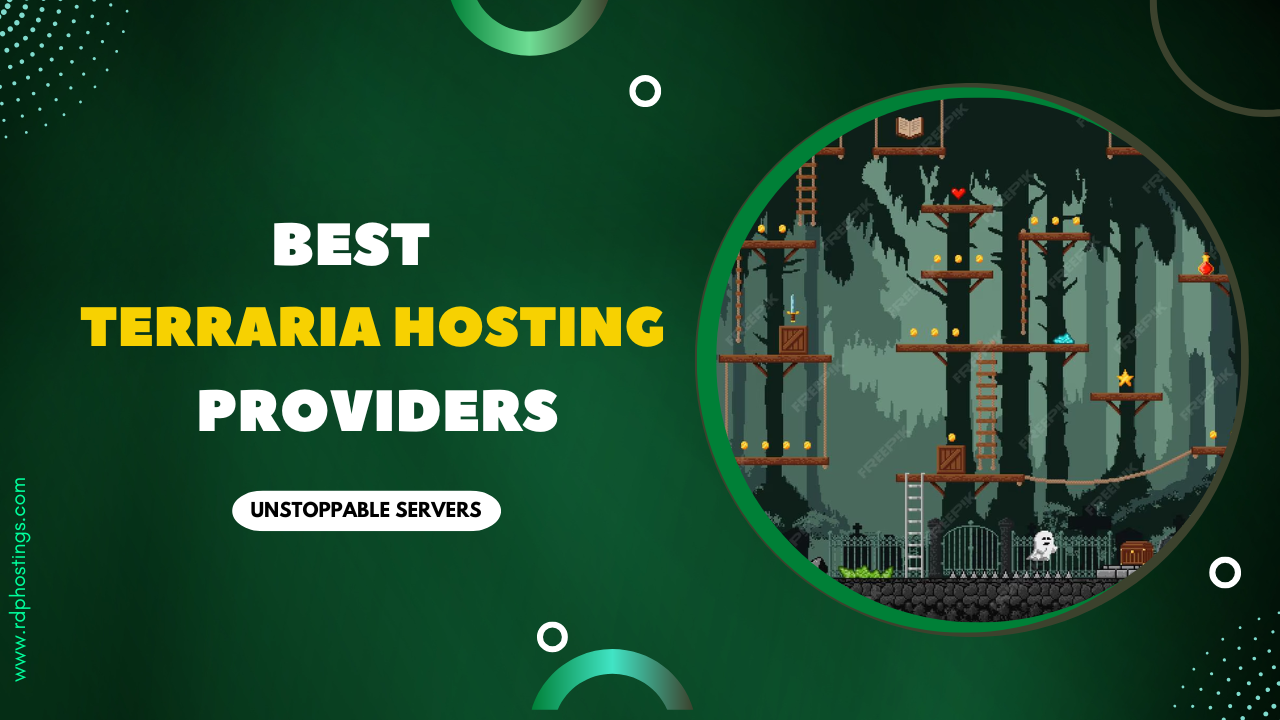In today’s digital age, PHP websites have become a popular choice for businesses due to their flexibility and ease of use. However, many individuals out there are still unsure What is PHP Hosting, How to host a PHP website on a server or which server is best suited for PHP Hosting.
For newbies keen to know about PHP, it boosts a larger part of the web, including popular platforms like WordPress. PHP’s ability to integrate with various databases, support for multiple frameworks, and wide community support make it a right choice for Web Developers looking forward to creating dynamic and interactive websites.
Here, In this article, we’ll walk you through the step-by-step process of PHP Hosting, tell about its importance and How it works, plus ensure How your site runs smoothly and efficiently.
So, by not wasting any single minute, Let’s start 👍
Understanding PHP Web Hosting?
Before we start with other related facts, Let’s first understand What PHP web hosting actually is. So, PHP web Hosting refers to web hosting services specifically designed to support PHP (Hypertext Preprocessor) scripts and applications. As one of the most popular server-side scripting languages, PHP powers millions of websites and applications worldwide.

In 2025 and in the years to come, PHP web hosting is and will be more flexible and optimized than ever, catering to developers who need robust, scalable, and secure environments for their PHP-based projects.
Not even that, it is also crucial for anyone looking to build dynamic websites or web applications. PHP is known for its compatibility with various databases, extensive library support, and ease of integration with HTML, making it a preferred choice for web developers.
PHP hosting ensures that the server where your website is hosted fully supports PHP code, allowing it to execute smoothly and deliver content dynamically.
Read here: 5 Best Docker Hosting Providers In 2025 (Developers Choice)
Types of PHP Web Hosting?
When it comes to PHP web Hosting, picking the perfect one is crucial for optimizing your website’s performance and scalability. From shared hosting to dedicated servers, each type of PHP Web Hosting offers unique benefits tailored to different needs. Read this article further to explore the various PHP Web Hosting options available.
Shared Hosting
First comes Shared hosting, which happens to be the most common and affordable option for newbies and beginners out there having no idea about PHP. Here, multiple websites share the same server resources, like RAM/ Storage/ CPU/ Bandwidth making it cost-effective. However, it may offer limited control and performance, especially if your site grows in traffic and complexity.
VPS Hosting
Now, we have Virtual Private Server (VPS) hosting that offers a middle ground between shared and dedicated hosting. It provides more control and web resources by partitioning using virtualization technology, a physical server into several virtual servers. This option is ideal for Web Developers who need more power, Full root server control and flexibility without the high costs of dedicated hosting.
Cloud Hosting
Cloud Hosting is a modern web solution that uses a network of virtual servers to host websites. It offers higher scalability, reliability, and super-performance, making it perfect for websites with fluctuating traffic. Cloud hosting also allows for easy upgrades and downgrades, ensuring your PHP website runs smoothly under any condition.
Dedicated Hosting
Dedicated Hosting provides an entire physical server exclusively for your website. This option offers the highest level of control, performance, and security. It is ideal for large PHP applications that require significant resources, full root access, uninterrupted performance, enhanced security and customization.
What is the Importance of PHP Hosting?
Want to know Why PHP hosting is essential? So, first of all, It provides an environment tailored to the unique needs of PHP applications.
Without proper PHP support, your website might not function correctly that could lead to poor performance, security issues, and ultimately a bad user experience.
PHP hosting ensures that your server is highly optimized for PHP, with the latest versions, extensions, and configurations needed to run your scripts efficiently.
How Does PHP Hosting Work Step By Step Guide?
Now that you know What PHP is and How it is beneficial for website performance, Let’s know How PHP words and its installation process Step-by-Step. Below, we have given a proper guide about how a newbie can setup PHP Hosting for his website:
Following the steps word to word, one can easily setup PHP website without any hassle 👍
FAQs
How Does PHP Hosting Differ from Regular Web Hosting?
As far as PHP hosting is concerned, it specifically supports PHP scripts and applications, ensuring your server environment is well-optimized for PHP, whereas a regular web hosting may not offer these necessary configurations or support, leading to potential issues in running PHP-based websites.
Do I Need PHP Hosting for My Website?
Well, it depends! If your website or application is built using PHP scripts, then in that case, PHP hosting is necessary. Along with that, it even ensures compatibility, performance, and enhanced security, providing a seamless experience for both you and your users.
How to Host Your PHP File for Free?
There are several hosting providers that offer free PHP hosting but with limited resources. You can upload your PHP files to a free hosting account, but be aware of the limitations, such as lower performance and limited customer support.
What is an SSL Certificate, and Do I Need One?
Yes, absolutely! You require an SSL certificate for your website. To understand what SSL actually is, it encrypts the data transferred between your website and its users, ensuring secure communication. Furthermore, it is essential for any website, especially those handling sensitive information, as it builds trust and improves SEO rankings.
Conclusion
In 2025 , PHP hosting remains an important choice for developers aiming to create dynamic and powerful websites. Understanding the different types of PHP hosting, their importance, and how they work ensures you can make an informed decision for your project.
Whether you’re a beginner or a pro developer, selecting the right PHP hosting plan can significantly impact the success of your website.
Lastly, if you want a Free PHP Web Hosting service, then in that case, you can consider Kamatera, as it offers a 30 days Free Cloud server Trial with $100 credit and a minimum 1TB bandwidth plus Storage as well.
Peoples Also Browse:







